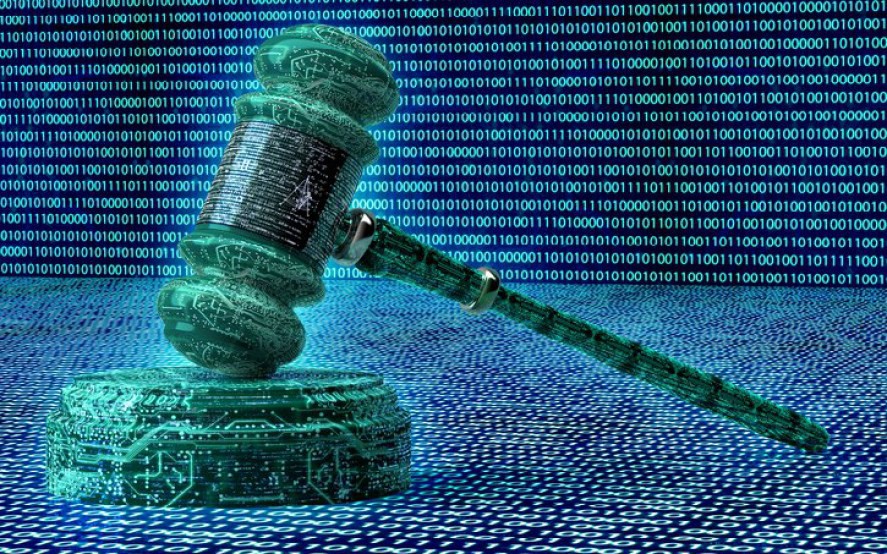Content is courtesy by: Jason Blackstone
In terms of these investments, it seems like new headlines about crypto millions are posted daily. But there is much more to blockchains than just that, including the ways in which these databases that securely store and verify information will advance industries, including the legal sector.
Here, Michelman & Robinson identifies 5 major ways blockchains will continue to shake the legal space.
1. Contracts Getting Smarter
Smart contracts are programs that automate the execution of agreements once certain predetermined conditions are satisfied. They are quite efficient in terms of execution and benefit from the security and transparency inherent in blockchain technology. With the continued adoption of smart contracts, the process of entering into binding agreements will change significantly in years to come.
2. Evolution of Intellectual Property
Intellectual property is evolving due to blockchain as well. Blockchain can be leveraged to create records of unregistered IP rights and help track creation timelines. The technology can also be leaned upon to determine who has previously viewed and accessed copyrighted materials.
3. Cryptocurrency Litigation
As the number of individuals and entities embracing cryptocurrencies like Bitcoin and Ethereum continues to rise, so too will the tide of crypto-related lawsuits (for instance, cases against coin exchanges). Indeed, we can expect a surge of litigation across the blockchain landscape, including disputes involving false advertising, breach of fiduciary duty and/or fraud, as well as regulatory matters initiated by the SEC.
4. Impact on the Chain of Custody
The chain of custody in the criminal and civil law context refers to the order in which items of evidence have been handled. An unbroken chain of custody is typically required for documents and other evidence to be considered in court, and blockchains will make chain of custody issues more easily reconcilable.
5. Enhanced Regulation & Oversight
Cryptocurrency will be subjected to increased regulation on an ongoing basis. Indeed, executive orders regarding cryptocurrency have already been issued on the federal level and even more oversight is to be expected, which will certainly translate to related litigation and legal work going forward.
Without question, the legal field will continue to evolve as technology—blockchain and otherwise—advances. The legal pros at Michelman & Robinson are tracking the latest developments. To stay informed, click here.
This blog post is not offered, and should not be relied on, as legal advice. You should consult an attorney for advice in specific situations.
